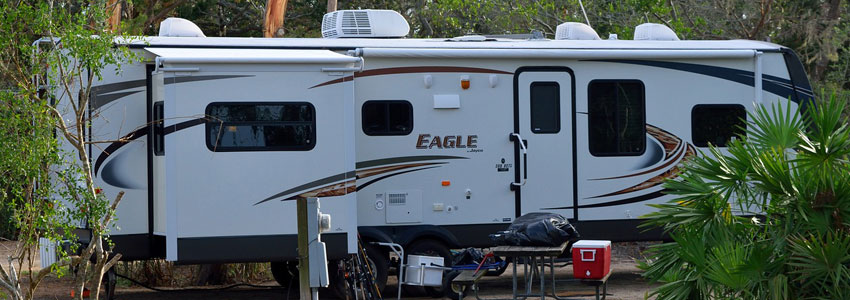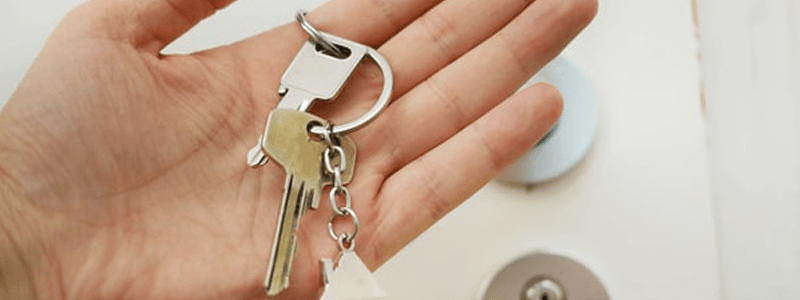If you’re looking into buying a new property to let it out, or you are thinking of letting out an existing property you already own, there are several things you need to consider and look into before you take the leap as a landlord.
How will you finance it?
If you are buying a property, then you are likely to need a mortgage – unless you have a large pot of cash available to you. You will need to apply for a buy to let mortgage which is a mortgage designed specifically for landlords. If you already have a property and are thinking of letting it out, you will need to inform your existing mortgage provider.
If you already own a property and want to buy an additional property to let out, a let to buy mortgage might be the solution. It is advised that you speak with an expert mortgage advisor in the early stages of your decision making as it can be quite complicated.
What is the rental market like?
Research whether the area where you are considering renting a property out is an area that attracts people wanting to rent. Speak to local letting agents to get an idea of demand in the area and to find out how much you’ll be able to charge per month.
Carry out some online research to see what else is available to rent and the rental prices. When deciding how easily a property will rent out, consider proximity to good schools, shops and transport links as well as crime levels in the area.
Should you use a letting agent?
A letting agent acts as a facilitator between the two parties – the landlord and the tenant. Their role includes; preparing tenancy agreements, carrying out an initial property inspection, reviewing applications from prospective tenants and showing prospective tenants around the property.
When considering using a letting agent, have a list of key questions to help you decide whether they are the right fit for your purpose. Some suggested questions to ask include:
- What are your fees? And what is included in your fees?
- Do you belong to a professional association?
- What type of tenants do you usually let to?
- How do you find suitable tenants?
- What will you do if the tenant stops paying the rent?
- How long is it likely to take to let my property?
- Do you have other properties to let in my area?
Admin to sort out
There is a lot of legislation that applies to landlords in the UK. Make sure you are fully aware of the relevant legislation before you make the decision to become a landlord in the first place.
Licences
Mandatory House In Multiple Occupation Licence
If your property is three or more storeys and has five or more unrelated tenants, then you will need a House in Multiple Occupation (HMO) licence from your local authority. Read this article from gov.uk for more information about House in Multiple Occupation (HMO).
Selective Licence
In some areas, all privately rented properties within a particular licensing zone must be licensed, regardless of their occupation and size. Check whether this applies to your area. Landlords without a licence may be prosecuted.
Safety requirements
Gas safety
Gas supply and gas appliances need to be checked annually by a Registered Gas Engineer
Electrical safety
An electrical safety check must be commissioned before the commencement of a tenancy agreement to ensure that the electricity supply and all appliances are safe and legal.
Energy performance certificate
All property marketed for rent has to have an up-to-date Energy Performance Certificate made available to any prospective tenants.
Fire and Safety
The Fire and Safety Regulations states that all furnishings comply with the latest fire regulations. If you are letting out a furnished property, you will need to ensure that all furniture is compliant.
Other admin considerations
Tenancy Deposit Scheme
Since 2007, The Tenancy Deposit Scheme has been a Government-backed scheme that requires a tenant’s deposit to be held within a Free Custodial Administered Account or an Insurance Scheme where the landlord holds the deposit but pays a premium as ‘insurance’ to pay back the deposit
Landlords Insurance
Your mortgage company will most likely insist that you have Landlords Insurance on a buy to let property as a standard insurance policy won’t protect you.
Tenancy Agreements
A tenancy agreement sets out the rights and responsibilities of both the landlord and the tenant. If the rental period is below three years, then you do not have to by law, give a written agreement, but it is in your best interests to do so.
Is the property in good enough condition to let?
In order to let a property in the UK, it must be in good condition with no hazards at the time it is let. The following checklist of hazards will help ensure you check that your property is ready. There must be no:
- Overcrowding
- Excessive cold
- Dangerous electrics
- Faulty gas boiler
- Damp and mould growth
- Risk of falling on stairs, floors or outside paths
- Fire risks
Remember that a landlord is responsible throughout a tenancy for the maintenance of the structure and exterior of the property so you need to be prepared to spend money on property maintenance as required.
Becoming a landlord either by buying a new property with a buy to let mortgage or by letting out your existing property, is a big responsibility to take on and it is not a decision to take lightly.
But with good consideration and proper management, buy to let can still be a worthwhile investment in the UK. Speak to our team for expert free mortgage advice now.




